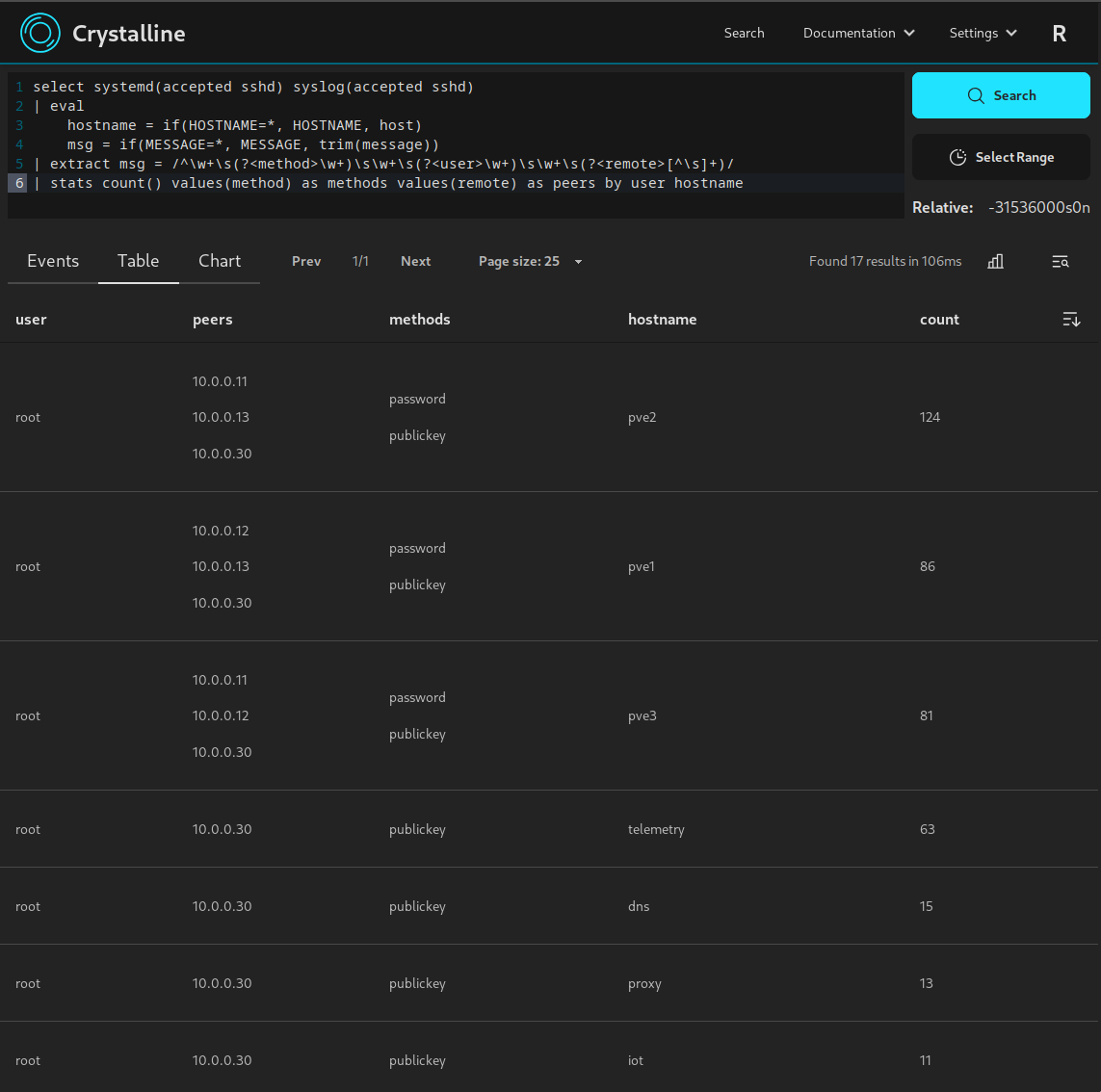Selfhosted
A place to share alternatives to popular online services that can be self-hosted without giving up privacy or locking you into a service you don't control.
Rules:
-
Be civil: we're here to support and learn from one another. Insults won't be tolerated. Flame wars are frowned upon.
-
No spam posting.
-
Posts have to be centered around self-hosting. There are other communities for discussing hardware or home computing. If it's not obvious why your post topic revolves around selfhosting, please include details to make it clear.
-
Don't duplicate the full text of your blog or github here. Just post the link for folks to click.
-
Submission headline should match the article title (don’t cherry-pick information from the title to fit your agenda).
-
No trolling.
Resources:
- selfh.st Newsletter and index of selfhosted software and apps
- awesome-selfhosted software
- awesome-sysadmin resources
- Self-Hosted Podcast from Jupiter Broadcasting
Any issues on the community? Report it using the report flag.
Questions? DM the mods!
view the rest of the comments



Thanks! it's definitely got a way to go before it's remotely competitive with any of the enterprise solutions out there, but you make a good point about having comparisons so I'll look at adding it.
I'm basically building it to have a KQL/LogScale/Splunk/Sumologic style search experience while being trivial to deploy (relative to others at least...) since I miss having that kind of search tooling when not at work; but I don't want to pay for or maintain that kind of thing in a lab context. It creates a Tantivy index per day for log storage (with scoring and postings disabled for space savings).
In the end my main goal of the project was as a vehicle to get better at programming with, and if I get a tool I can use for my lab then that's great too lol.
You’re nailing your goal then!
I would still steer you slightly towards documenting your architectural decisions more. It's a good skill to have and will help you in a long run.
You have dozens of crate dependencies and only you know why they are in there. A high-level document on how your system interconnects and how the algorithms under the hood work will be a huge help to anyone who comes looking through your source code. We become better programmers not by reading the source code, but by understanding what it actually does.
Here's a random trivia: your server depends on trust-dns-resolver. Why? Why wasn’t the stock resolver enough? Is that a design choice or you just wanted to have fun? There is no wrong answer but without the design notes it's hard to figure your intent.
More good points, thank you! for trust-dns-resolver that's a relic from a previous iteration that had polling external sources and needed to resolve dns records. Since i haven't gotten around to re-implementing that feature it should be removed. As for why - I actually needed to bring my own resolver since the docker container is a scratch image containing only some base directories and the server binary so there isn't any OS etc to lean on for things like dns; means that the whole image is ~15.5MB which is nice and negates a whole class of vulnerabilities.
Understood that your actual point is to document this stuff and not answer the trivia question though
That's a good point. Mind that in most production environments you'd be firewalled rather hard (especailly when it comes to logs processing which oftentimes ends up having PII). I wouldn’t trust any service that tries to use DoT or DoH in there that I couldn’t snoop on. Many deployments nowadays allow you to "punch" firewall holes based on the outgoing dns requests to an allowlisted domain, so chances are you actually want to use the glibc resolver and not try to be fancy.
That said, smaller images are always good in my book!
Oh I wasn't using it as a full recursive resolver - just reading the resolv.conf set by docker and sending requests